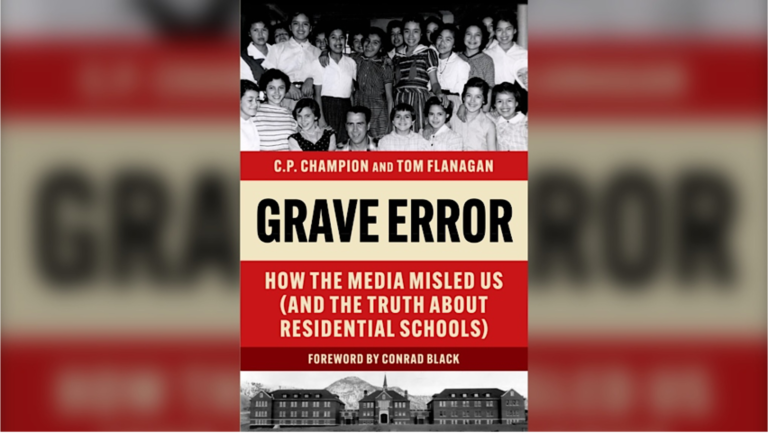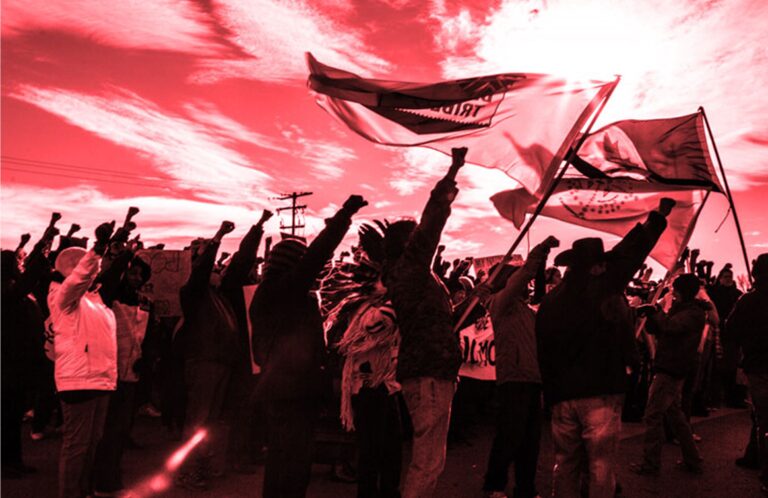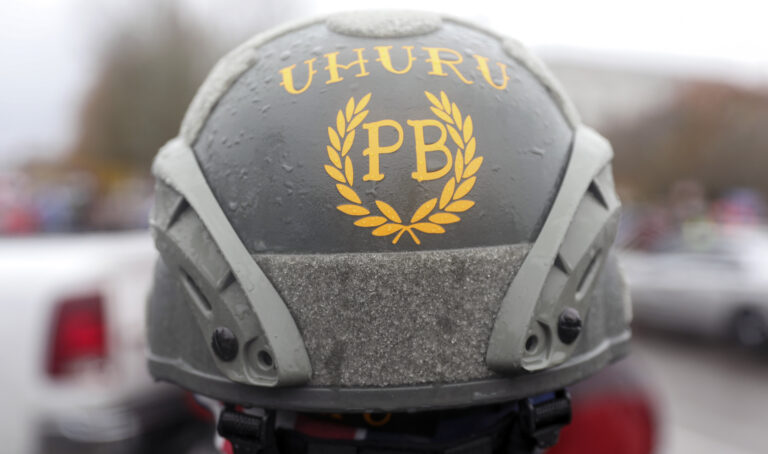Fifteen years ago this fall, the Patriot Act was signed into law by then-U.S. President George W. Bush. A direct response to the horrifying September 11th attacks, the legislation was rushed through the House and Senate and passed almost unanimously just two days after it was introduced.
The bill sought to strengthen domestic security by expanding the powers of intelligence, law enforcement and surveillance agencies. Among other things, it introduced roving wire taps. Prior to the Patriot Act, law enforcement agencies had to obtain separate specific warrants to tap different devices. The Act allows for general warrants, enabling the bulk collection of data, without specifying which device would be tapped. In 2013 former National Security Agency employee Edward Snowden leaked information about the mass surveillance programs the NSA was carrying out, legally, using warrants obtained under the Patriot Act.
The bulk collection of data from millions of phone calls made by average American citizens included their location, contacts, patterns of behavior, and more. It was also revealed that the NSA was collecting millions of emails and tapping into citizens’ Yahoo and Google accounts, and eavesdropping on the phone conversations of foreign heads of state, allies included.
Despite Snowden’s revelations and widespread public unease about the erosion of privacy and freedom under the “surveillance state”, he is still a wanted man hiding in Russia and this year American legislators tried to pass an amendment to the Act that would further increase the information gathering capacity of the government. Scores of domestic and international terrorist actions since 9-11 have effectively neutralized political efforts to roll back the powers of surveillance agencies. Excessive government snooping was not a major issue in this year’s U.S. election campaign, and the victory of president-elect Donald Trump was presumably an endorsement of his view that Snowden is a “total traitor” and his vow to be “tough, extreme, and vicious” in ridding his country of terrorists.
This is extremely worrisome because legislation such as the Patriot Act is a direct attack on civil liberties in general and the right to be protected from unlawful search and seizure in particular. Moreover, there is little evidence that the legislation has done anything to strengthen the national security of the country.
In a May 2015 article, the Washington Post published the FBI’s admission that no major terrorism cases that have been cracked using the powers contained in the Patriot Act. In fact, opponents argue that the Act has actually weakened national security by diverting resources to broad “needle-in-a-haystack” spying programs instead of focusing on targeted surveillance using conventional judicial warrants. The elemental right to privacy and due process are both badly compromised by such unconstrained data gathering, and if it is not actually solving the problem and making Americans safer, it is reasonable to ask, what’s the point? Snowden’s answer is chillingly plausible: “These programs were never about terrorism: they’re about economic spying, social control, and diplomatic manipulation. They’re about power.”
In May 2015 I sat in rapt attention in the gallery of the United States Senate as Kentucky Republican Senator Rand Paul filibustered for ten hours against the reauthorization of the Patriot Act. He outlined various abuses of power that have occurred in its name and warned of many more to come if the bill were reauthorized. It was, however, and less than a month later Bill C-51, Canada’s Anti-Terrorism Act, aptly nicknamed “Canada’s Patriot Act”, became law in this country.

Certainly there are clear differences in the nuts and bolts of these two bills. But, as was true with the Patriot Act, at the core of the Anti-Terrorism Act is an expansion of surveillance powers granted to our national government intelligence services and a decrease in accountability and oversight. One of the most troublesome aspects of Bill C-51 is the greater powers given to CSIS, the Canadian Security Intelligence Service. The bill allows for more information sharing powers wherein Canadians’ personal information, such as that obtained by the Canada Revenue Agency, will be much more accessible to security officials. Individuals convicted of encouraging or promoting “the commission of terrorism offences in general” could be jailed for up to five years. The law also gives police power to make preventative arrests; that is, arrests without obtaining a warrant. This was done by slightly changing the language in the Criminal Code so that now police may arrest individuals if they believe that they may carry out terrorist attacks.
Bill C-51 was brought in by the former Conservative government in response to the shocking terrorist attacks in Quebec and on Parliament Hill in the fall of 2014. The Liberals voted in favor of it, with some reservations, and subsequently ran in the federal election on a promise to repeal certain aspects of it and increase public oversight.
Last spring, the new Liberal government made a small move in that direction with Bill C-22, which would authorize an oversight committee of intelligence agencies. That did not satisfy critics who want the Liberals to do more to prevent Ottawa from spying on Canadians and arresting them pre-emptively.
Now in Opposition, the Conservatives are still generally unapologetic for Bill C-51 and critical of any attempts to water it down. Indeed, some of the candidates running for the leadership are advocating even tougher measures to combat the threat of terrorism. But even among Conservatives, many are troubled by the expansion of the surveillance and investigation and prosecution powers of the state. They don’t see effective national security and strong protections for civil liberties as mutually exclusive. In fact, many believe the government’s responsibility to protect civil liberties, privacy rights, and due process, are at least as important as national security in a free and democratic society.
Fifteen years after the Patriot Act was enacted, it can fairly be said that it has failed to protect U.S. citizens from terrorist attacks while simultaneously undermining their civil liberties. Under President Trump, the Americans may go even further down this road. Canada will be pressured to follow suit in the name of continental security but we should resist in defense of our fundamental freedoms.



